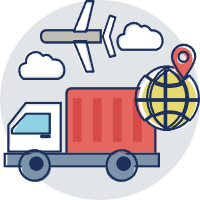Choosing the right mode of transportation is critical to balancing cost, speed, and sustainability. While sea and air freight dominate many supply chains, railway transportation is rapidly gaining attention for its unique combination of efficiency and reliability—especially for inland freight movements across long distances. If your business deals with bulk cargo, container shipments, or intermodal logistics, exploring railway transportation services can unlock new levels of value. Here's why.
Railway transportation refers to the movement of goods and cargo via rail networks. Unlike road transport, trains follow fixed schedules and routes, making them highly predictable and dependable. Logistics companies use railways for everything from bulk goods (like coal or minerals) to full-container-load (FCL) shipments. In many countries, rail freight transport is considered the backbone of domestic cargo movement due to its scale and cost-effectiveness.
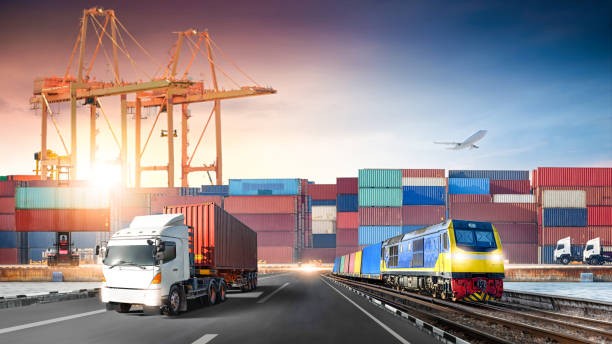
Key Benefits of Using Railway Transportation
1. Cost-Effective for Long-Distance Shipping
When compared to trucking, railway transport can reduce per-ton freight costs, especially over long distances. For example, rail cargo delivery between cities or cross-border regions in Asia and Europe is significantly cheaper than air freight.
2. Environmentally Friendly
Trains produce far fewer CO₂ emissions per ton-kilometer compared to trucks or planes. If your company is looking to reduce its carbon footprint, railway logistics solutions offer a greener choice without compromising efficiency.
3. Higher Load Capacity
A single train can carry thousands of tons of goods in one trip—something road transport cannot achieve. This makes rail freight ideal for industries such as manufacturing, mining, construction, and agriculture.
4. Reliable Scheduling
Modern railway systems operate on fixed timetables, reducing the unpredictability of road congestion and weather delays. Your supply chain gains improved accuracy in delivery timelines with rail cargo logistics.
5. Seamless Intermodal Integration
Today’s global supply chains often rely on intermodal logistics—a mix of rail, truck, and sea. Railway transport can efficiently connect ports and inland destinations, acting as a vital middle link in containerized freight networks.
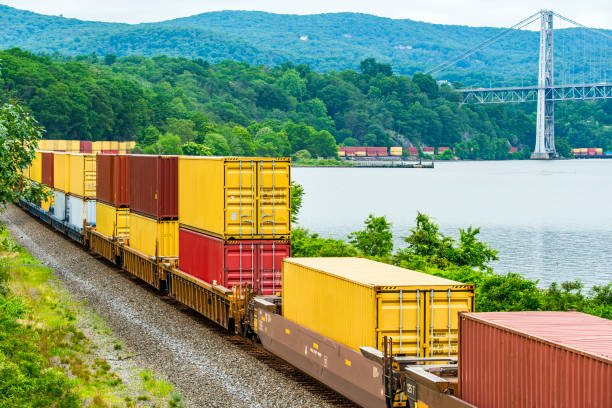
When Should Businesses Choose Railway Transport?
Railway transport isn’t ideal for every shipment. But it’s the best fit for:
Heavy bulk shipments over 500 km
Cross-border cargo where trucking is limited
Consistent, repeat freight routes
Customers needing lower-cost options than air or road
Eco-conscious businesses looking for low-emission transport
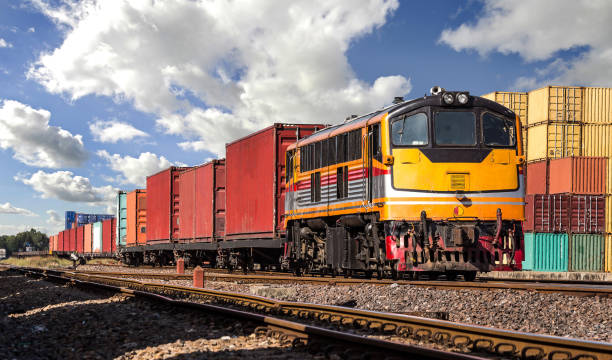
Industries That Benefit Most from Rail Freight
Manufacturing: Transporting raw materials and components to factories
Retail: Shipping containers to inland distribution centers
Automotive: Delivering parts and finished vehicles
Agriculture: Moving grain, fertilizers, and food products
Energy: Carrying coal, oil, and renewable materials
Rail vs. Road vs. Air: Which Is Best?
| Mode | Cost | Speed | Emissions | Ideal Use |
|---|---|---|---|---|
| Rail | Medium | Medium | Low | Bulk goods, long distance |
| Road | Medium | Flexible | Medium | Short to mid-range, last mile |
| Air | High | Fastest | High | Urgent, high-value shipments |
If your goal is to reduce cost while maintaining timely delivery, railway transportation services provide the ideal middle ground.
How Our Company Supports Your Rail Logistics
As a leading logistics service provider, we specialize in rail freight transport and intermodal solutions tailored to your business. Our offerings include:
Full-container and LCL (less-than-container load) railway options
Custom route planning and tracking
Seamless integration with sea and trucking networks
Cross-border rail cargo delivery to Europe, Central Asia, and more
Real-time logistics monitoring via our digital platform
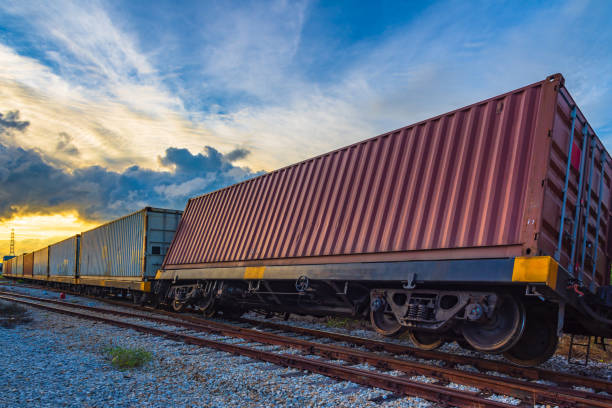
Final Thoughts:
In today’s competitive logistics landscape, smart businesses are optimizing their supply chains by adopting a multimodal strategy. Railway transportation, especially when paired with sea and road freight, delivers the cost-efficiency, reliability, and sustainability that modern operations demand.
Ready to streamline your cargo movement with our railway transportation service? Contact our logistics experts to design a solution that moves your goods—on time and on budget.















